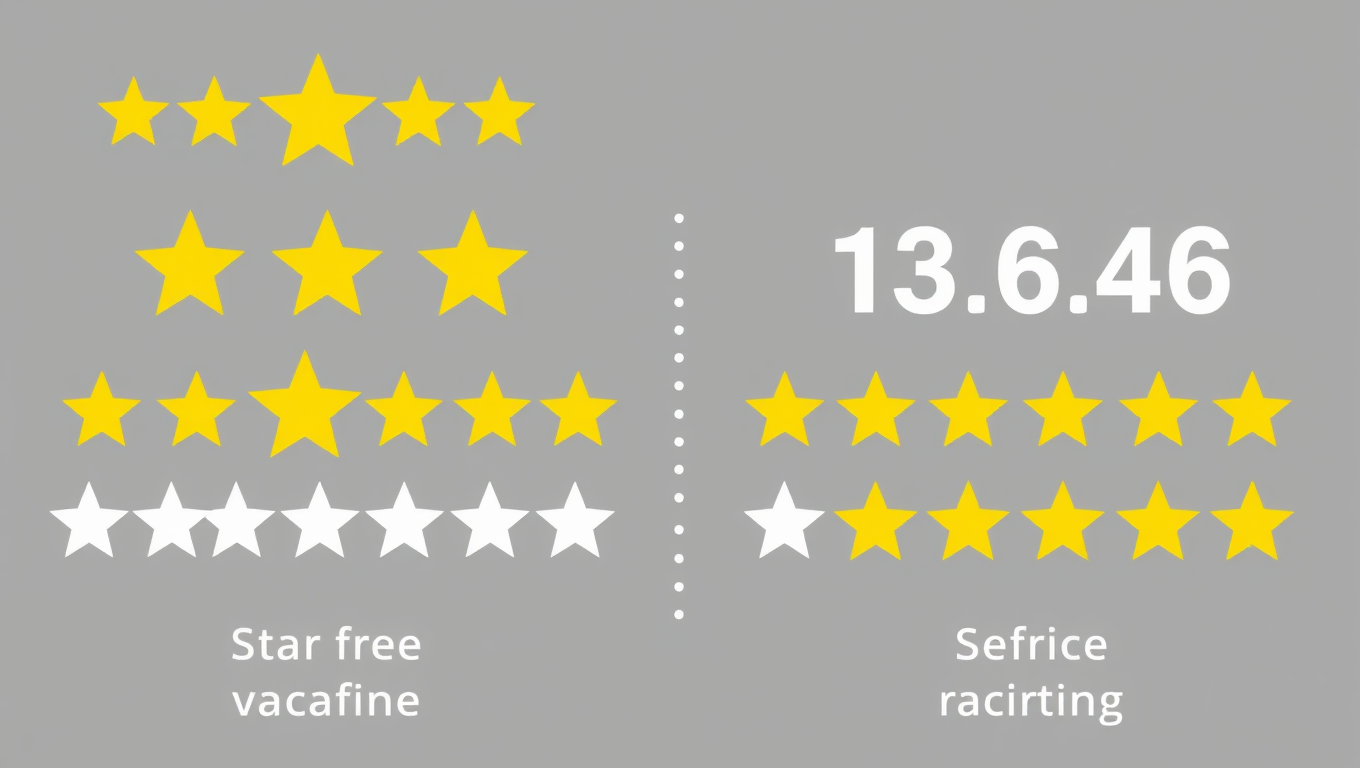While we try to keep things accurate, this content is part of an ongoing experiment and may not always be reliable.
Please double-check important details — we’re not responsible for how the information is used.
Consumerism
Renting Clothes for Sustainable Fashion: Niche Markets Hold Key to Success
Renting clothes can reduce the fashion industry’s enormous environmental impact, but so far, the business models have not worked very well. The best chance of success is for a rental company to provide clothing within a niche market, such as specific sportswear, and to work closely with the suppliers and clothing manufacturers.

Behavior
The Star Effect: How Rating Formats Shape Consumer Perceptions
Researchers found that consumers tend to overestimate fractional star ratings and underestimate fractional numerals. In either case, the ratings can be misleading, potentially causing a company to unknowingly overpromise and underdeliver — or sell its own product short.
-

 Detectors9 months ago
Detectors9 months agoA New Horizon for Vision: How Gold Nanoparticles May Restore People’s Sight
-

 Earth & Climate10 months ago
Earth & Climate10 months agoRetiring Abroad Can Be Lonely Business
-

 Cancer10 months ago
Cancer10 months agoRevolutionizing Quantum Communication: Direct Connections Between Multiple Processors
-

 Albert Einstein10 months ago
Albert Einstein10 months agoHarnessing Water Waves: A Breakthrough in Controlling Floating Objects
-

 Chemistry10 months ago
Chemistry10 months ago“Unveiling Hidden Patterns: A New Twist on Interference Phenomena”
-

 Earth & Climate10 months ago
Earth & Climate10 months agoHousehold Electricity Three Times More Expensive Than Upcoming ‘Eco-Friendly’ Aviation E-Fuels, Study Reveals
-

 Agriculture and Food10 months ago
Agriculture and Food10 months ago“A Sustainable Solution: Researchers Create Hybrid Cheese with 25% Pea Protein”
-

 Diseases and Conditions10 months ago
Diseases and Conditions10 months agoReducing Falls Among Elderly Women with Polypharmacy through Exercise Intervention



























